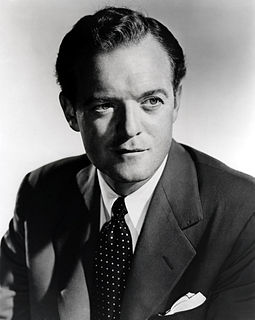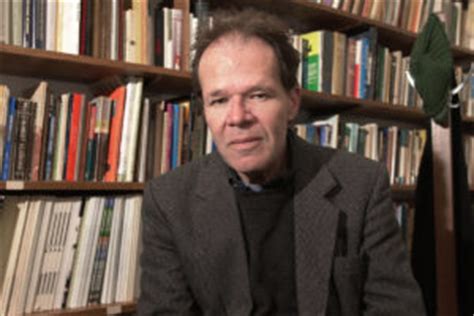A Quote by Ken Follett
For success, the author must make the reader care about the destiny of the principals, and sustain this anxiety, or suspense, for about 100,000 words.
Related Quotes
It is excellent discipline for an author to feel that he must say all he has to say in the fewest possible words, or his reader is sure to skip them; and in the plainest possible words, or his reader will certainly misunderstand them. Generally, also, a downright fact may be told in a plain way; and we want downright facts at present more than anything else.
In order to be a mentor, and an effective one, one must care. You must care. You don't have to know how many square miles are in Idaho, you don't need to know what is the chemical makeup of chemistry, or of blood or water. Know what you know and care about the person, care about what you know and care about the person you're sharing with.



































